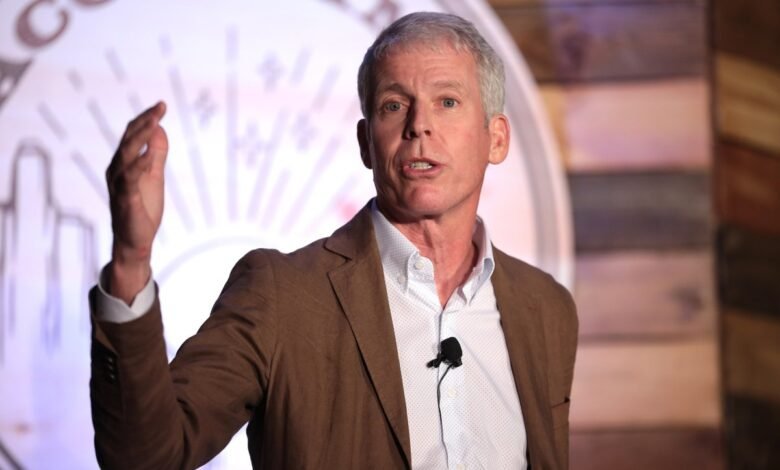Trump administration cancels $700M in manufacturing grants

▼ Summary
– The Department of Energy is canceling $720 million in manufacturing contracts, affecting battery material producers, lithium-ion battery recyclers, and super-insulating window manufacturers.
– Energy Secretary Chris Wright reviewed contracts from the Biden administration, with the DOE stating projects “missed milestones” and failed to advance national energy needs adequately.
– The canceled grants were funded through the 2021 Bipartisan Infrastructure Law, with most awards made in 2023 and 2024, and three startups were selected well before the 2024 election.
– Affected companies include Ascend Elements ($316 million grant), Anovion ($117 million for synthetic graphite production), and LuxWall ($31.7 million for insulating windows), with varying amounts already disbursed.
– These grants aimed to help startups overcome the “valley of death” in transitioning from technology development to commercial deployment by financing first-of-a-kind factories and encouraging private investment.
The Department of Energy has officially terminated $720 million in federal manufacturing grants, a move that impacts several companies focused on battery materials, lithium-ion battery recycling, and advanced window insulation. This decision follows a broader review of contracts initiated under the previous administration, with officials citing missed project milestones and insufficient progress toward national energy objectives as the primary reasons for the cancellations.
Funding for these grants originated from the Bipartisan Infrastructure Law passed in 2021, with the majority of awards distributed in 2023 and 2024. A department spokesperson indicated that the selected projects failed to meet established benchmarks and did not adequately support the country’s energy requirements.
Three startups are notably affected, each having received their grant designations well before the 2024 presidential election. Ascend Elements, which secured a $316 million award in October 2022, is developing a recycling process to convert manufacturing scrap and used batteries into materials for new lithium-ion batteries. The company had already received $206 million toward constructing a $1 billion facility in Kentucky. Despite the grant revocation, Ascend Elements plans to continue its project using alternative financing.
Another company, Anovion, was granted $117 million to establish domestic production of synthetic graphite for battery anodes. This effort aims to reduce reliance on Chinese suppliers, who currently dominate this segment of the supply chain. Records show that only $13.8 million had been disbursed for the planned Alabama facility.
LuxWall, a manufacturer of ultra-insulating windows that perform like solid walls, lost a $31.7 million award intended for a factory near Detroit. Though the company had received just $1 million and recently opened the initial phase of its plant, the grant cancellation represents a significant financial setback.
These grants were designed to help early-stage companies cross the “valley of death”, the precarious phase between technological development and commercial production. First-of-a-kind manufacturing facilities are notoriously difficult for startups to finance, and government support often encourages additional private investment. Successful projects can serve as blueprints for future factories, ultimately strengthening domestic manufacturing capabilities.
(Source: TechCrunch)




